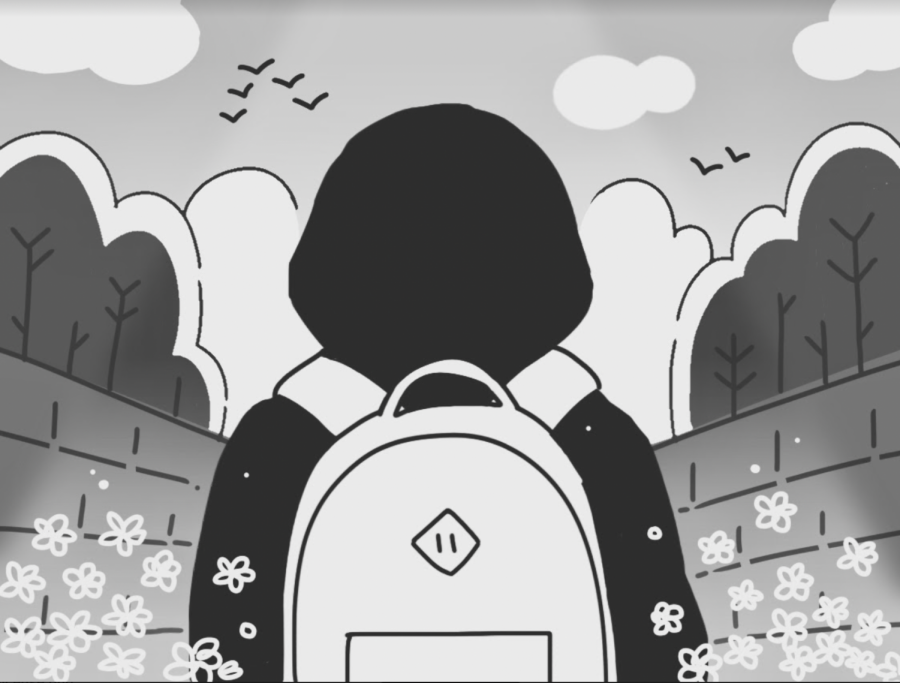CAMPUS: Students and teachers are concerned with the rise in social alienation among students
Many so-called “quiet kids” feel socially alienated by their peers.
After school shootings occurred in Florida, Texas and Colorado in recent years, many students began to alienate reserved students, quickly dubbing them “quiet kids.” Some resorted to excluding and making fun of them and referring to them as school shooters or psychopaths.
According to freshman Jason Noble, reserved students endure being ostracized by some of their classmates.
“Other people just completely ignore them (quiet kids), or just look down on them because of what they do,” Noble said.
The isolation of quieter kids is also partly because of the groupthink nature of SCHS’s social environment, according to junior Jackie Park.
“People tend to be more cliquey, especially in classrooms, so the quiet kids, the people who are always kind of left out, don’t really have that chance to collaborate with other people…” Park said. “I definitely think that doesn’t really add anything beneficial to their learning, and it kind of detracts away from it.”
English teacher Sara Silverman believes that while other students are partially responsible for the exclusion of quiet students, reserved students can enable their own social exclusion, which troubles her.
“Students who don’t engage with other students in a purposeful way alienated themselves because it is pretty obvious to everyone else in the room, including me, that they don’t want to talk to anybody who is there,” Silverman said.
Despite some students making fun of quieter kids, others do notice and empathize.
“I feel that the whole trope of the quiet kid is really dangerous. First of all, it demonizes the people who already feel left out, and emphasizes it (their exclusion),” Park said. “It (the quiet kid trope) could lead to other mental illnesses and other long-term complications with how you see stuff, and how you view yourself, and stuff like that.”
Some teachers notice the “quiet kids” in their classroom and understand their potential struggles.
“When you are a teenager, you need to be with your peers – it is all about your peers – and I think that it can be really detrimental because you are in such a formative place in terms of your personality, your values and all that stuff,” English teacher Elizabeth Kelly said.
Kelly believes that creating a positive environment in her classroom makes a difference for reserved students.
“I do think that on a … teacher-to-student level you can definitely help in the kinds of lessons that you teach, and also setting up an environment, an atmosphere, in your classroom where kids know that they are safe no matter what,” Kelly said.
Despite teachers’ efforts, online learning has made the connection increasingly difficult for both parties.
“I am staring at a screen of empty faces, so there is really no way for me to know who is hurting out there like I would in a classroom,” Silverman said.


